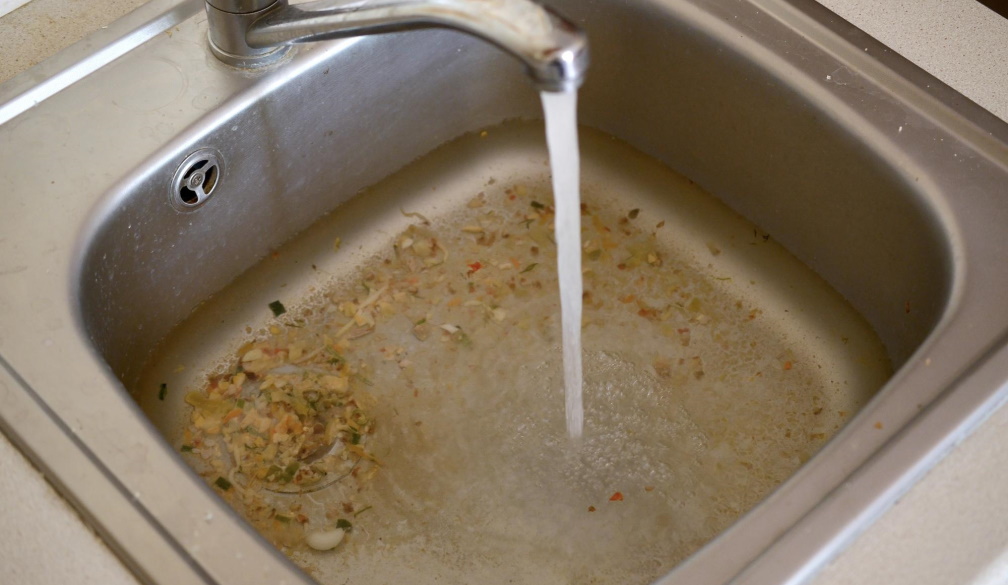Ten Reasons Your Drains Are Blocked
- Written by NewsServices.com

Blocked drains on your property are not just an inconvenience, they can also be unhygienic.
Most drain blocks are preventable, however, property owners don’t always know the causes of blocked drains, or how to avoid them.
Drain pipes are a lot smaller than people realise, coupled with some tight 90 degree corners to get them to fit neatly and cost-effectively inside your house frame, blockages can occur all too easily.
Keep your eyes, ears, and nose alert to the early warning signs so that you can attend to any issues with your drains before the problem gets out of hand.
The first sign of trouble is a rank smell. That means bacteria, grime and mould are present in your drains. You may also hear glugging or gurgling sounds as water and air become trapped in the pipes.
If the build-up continues and the drain becomes severely blocked, water will wash up from your drain, overflowing your toilets, showers or sinks. This can be a big mess and put a dent in your day as you scramble for a solution.
Blocks can occur in a number of different places:
-
Directly behind the drain grate - A big culprit here is long hair strands that catch on the metal clasps.
-
In the pipe bend - Objects can become trapped in the corner instead of being swept around the bend. These can be big objects that cause a sudden block or small pieces that build over time.
-
Inside the pipe itself - Minerals, grease and grime build-up, narrowing the pipe.
-
Underground - Stormwater debris, bits of leaves, bark or plants can be washed inside the drain or tree roots can break through the pipes.
Here are the 10 most common reasons behind drain blocks, shown in no particular order:
-
Sanitary items and toiletries - Any toiletries larger than toilet paper sheets can cause the drain to become blocked. This includes tissues, wet wipes, nappies, tampons and pads.
-
Foreign objects - Usually this is due to kids flushing toys or household objects down the toilet.
-
Food scraps - Even small food particles can build up over time.
-
Cooking oil - Thick oil and cooking fats stick and congeal inside the pipes.
-
Mineral build-up - Minerals like calcium can narrow the pipes enough to make it hard for other items to pass easily.
-
Fragments of soap - The ends of soap bars down shower and bath drains stick into the pipe bends and take a long time to break down.
-
Long hair - Hair strands get tangled in drain grates and clump with conditioner and grime.
-
Tree roots - This starts with tiny roots that break into the pipes looking for water.
-
Natural debris - Twigs, leaves and soil grit can be washed into outside drains.
-
Cat litter - Kitty litter is made using materials that expand and stick when wet. The last thing you want to do is dump it in the toilet.
Different solutions are required depending on where the block is located as well as what materials are causing the block. It also depends on how recent the block is as to how easily the blockage can be moved as well as any damage to the pipes that may require additional attention. Some blockages will require a licenced plumber to clear.



















